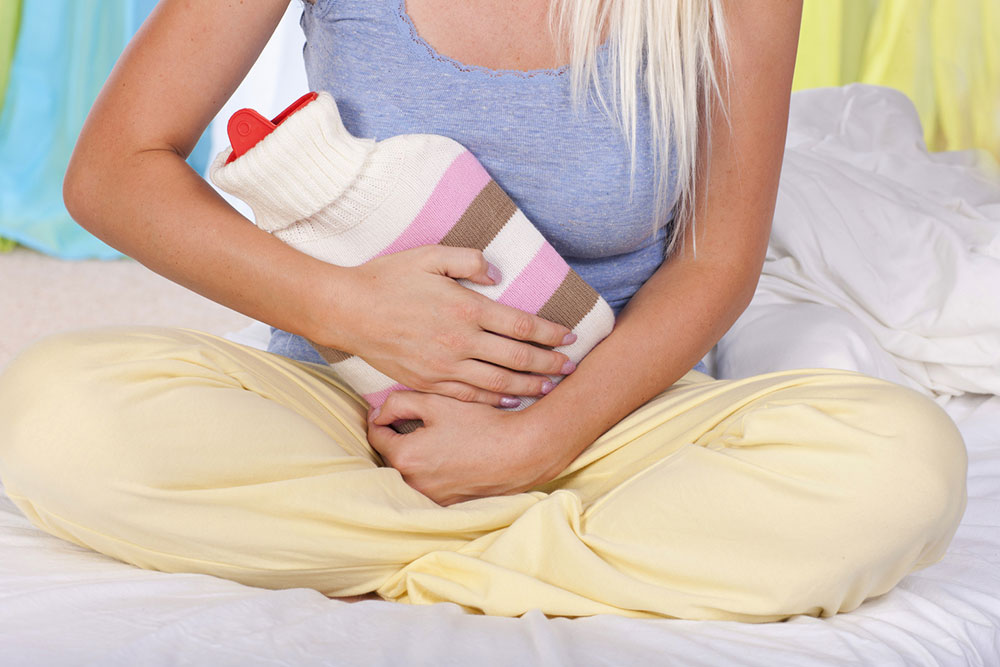Comprehensive Guide to Managing Urinary Leakages Naturally
This article offers a detailed overview of urinary incontinence, exploring its types, causes, and natural management techniques. It emphasizes effective exercises, lifestyle changes, and alternative therapies like acupuncture. Guidance is provided on when to consult healthcare professionals for advanced treatments, making it a comprehensive resource for those seeking natural remedies and understanding of bladder health.

Comprehensive Guide to Managing Urinary Leakages Naturally
Urinary leakage, or incontinence, refers to the inability to hold urine, leading to accidental leakage. Approximately 13 million people nationwide experience this condition, predominantly women. Besides medical options, various natural strategies can assist in controlling symptoms, such as pelvic floor strengthening, bladder retraining, and double voiding practices.
Types and Causes of Urinary Leakage
Stress incontinence: Urine leaks occur when abdominal pressure increases, often after pregnancy, menopause, or surgeries like hysterectomy.
Urgency incontinence: Sudden urges to urinate are common, often caused by bladder irritation, enlarged prostate, nerve issues, or infections.
Overflow incontinence: Small urine leaks happen with frequent urges, typically due to blockages from stones, tumors, or prostate enlargement.
Continuous incontinence: Persistent leakage results from nerve damage or congenital problems, making it impossible to hold urine.
Transient incontinence can also occur due to infections or medications. To improve bladder control naturally, healthcare providers recommend several approaches:
Kegel exercises: Strengthening pelvic muscles reduces involuntary contractions. Contract pelvic muscles, hold for five seconds, then relax, gradually increasing duration over time.
Bladder retraining: Keep a urination diary and slowly lengthen intervals between bathroom visits to train the bladder. Consistent effort over 6-8 weeks can extend these intervals.
Acupuncture: Several sessions with a licensed practitioner may help decrease urgency, increase bladder capacity, and lessen frequency.
Double voiding: Sitting on the toilet, urinating, waiting a few seconds, then trying again helps fully empty the bladder.
Scheduled bathroom visits: Planning regular trips every 2-4 hours conditions the bladder and reduces unexpected urges.
Fluid intake control: Drinking 6-8 glasses of water daily prevents bladder irritation. Limiting fluids before bed reduces nighttime trips.
Diet adjustments: Avoid caffeine, spicy foods, citrus, and sodas to minimize symptoms.
Incontinence protection: Use pads or specialized underwear with high absorbency, moisture-wicking, and odor control for added confidence.
If natural methods don’t provide relief, procedures like nerve stimulation, biofeedback, or surgery might be considered, depending on the severity and underlying cause.


